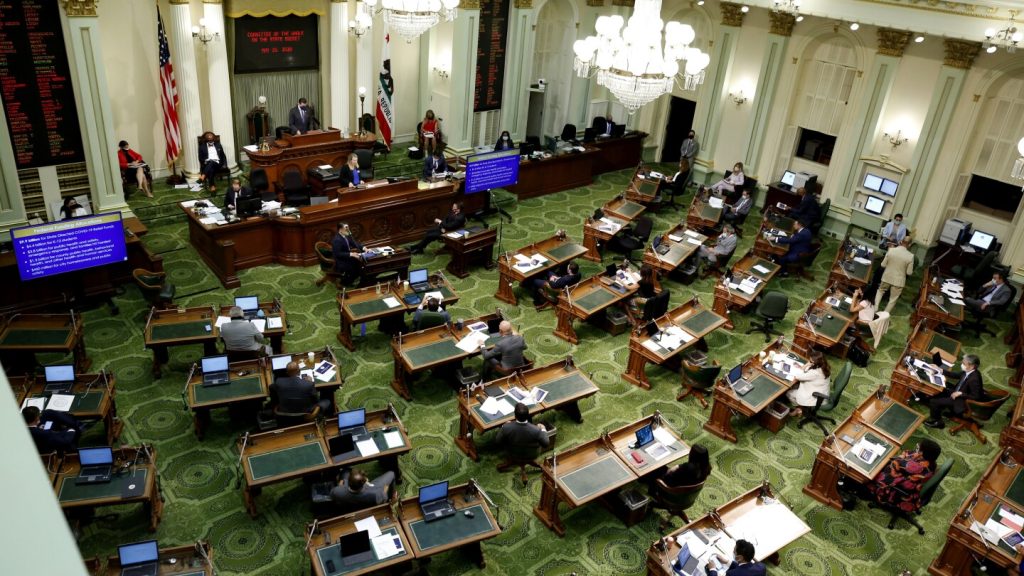The California Senate has advanced a set of ambitious reparations proposals aimed at addressing injustices against Black Californians. The proposals include creating an agency to help Black families research their family lineage and confirm their eligibility for any future restitution, establishing a fund for reparations programs, and compensating Black families for property unjustly seized using eminent domain. State Sen. Steven Bradford emphasized the importance of atoning for the injustices faced by Black Californians, stating that reparations are a debt owed to descendants of slavery. The proposals, inspired by recommendations from a task force, passed largely along party lines and now head to the state Assembly.
While California has made significant progress in considering reparations for Black Americans, the issue has stalled at the federal level. A bill in Congress to study reparations for African Americans has not made much headway, despite being introduced in the 1980s. Illinois and New York have passed laws to study reparations, but California is leading the way in moving forward with concrete proposals. Some lawmakers, like Republican Sen. Roger Niello, support the principle of reparations but raise concerns about the financial burden on taxpayers for compensating families for seized land. The votes in the California Senate come as the deadline approaches for lawmakers to pass bills in their house of origin.
Opponents of reparations argue that lawmakers may be overpromising on what they can deliver to Black Californians, especially as the state faces a significant budget deficit. Republican Assemblymember Bill Essayli expressed skepticism about setting up agencies and frameworks to dispense reparations without actually passing any reparations legislation. The cost of running the proposed agency for reparations is estimated to be up to $1 million annually, with potential additional costs for investigating claims related to eminent domain and the reparations fund bills. Despite these challenges, supporters of reparations see the advancement of these proposals as a historic step toward more comprehensive reparations laws in California.
Chris Lodgson, an organizer with the Coalition for a Just and Equitable California, views the Senate’s votes as a significant first step in the journey toward passing more far-reaching reparations legislation in the state. The legislation passed by the Senate is seen as a historic moment by advocates for reparations, marking progress in addressing the legacy of racism and discrimination against African Americans in California. The proposed reparations initiatives aim to acknowledge and rectify the injustices faced by Black Californians, signaling a commitment to addressing systemic inequalities and working towards a more just and equitable society. As the proposals move to the state Assembly for consideration, the debate over reparations in California continues to spark discussions about the state’s responsibility to atone for its history of discrimination and oppression.


